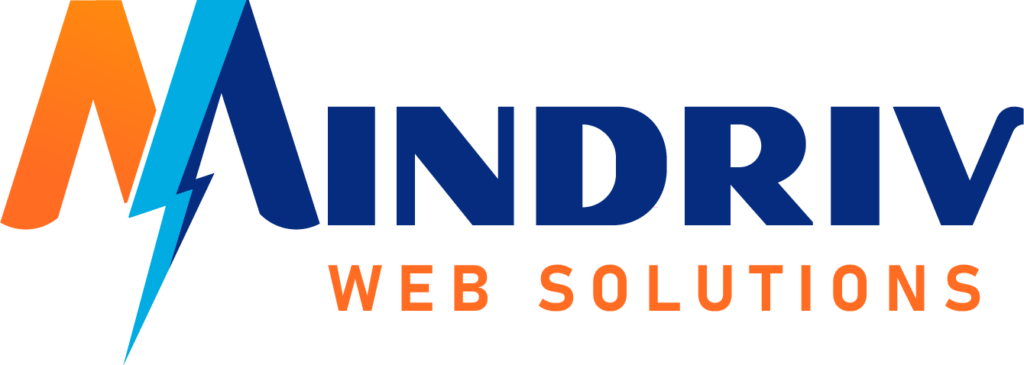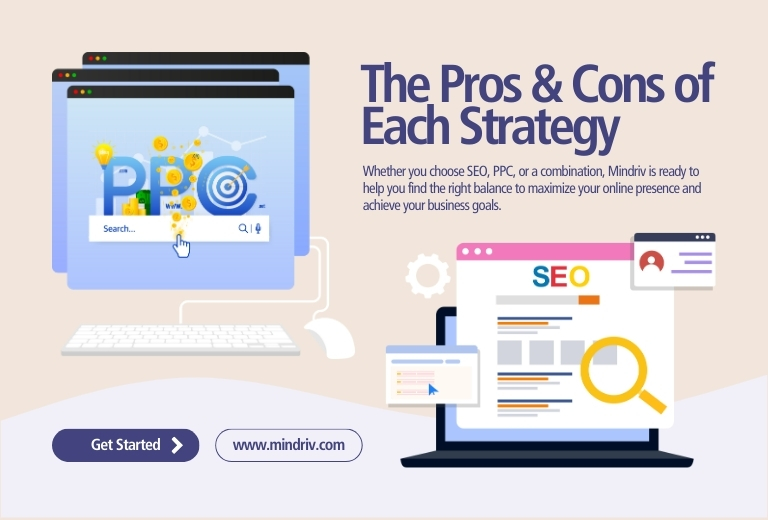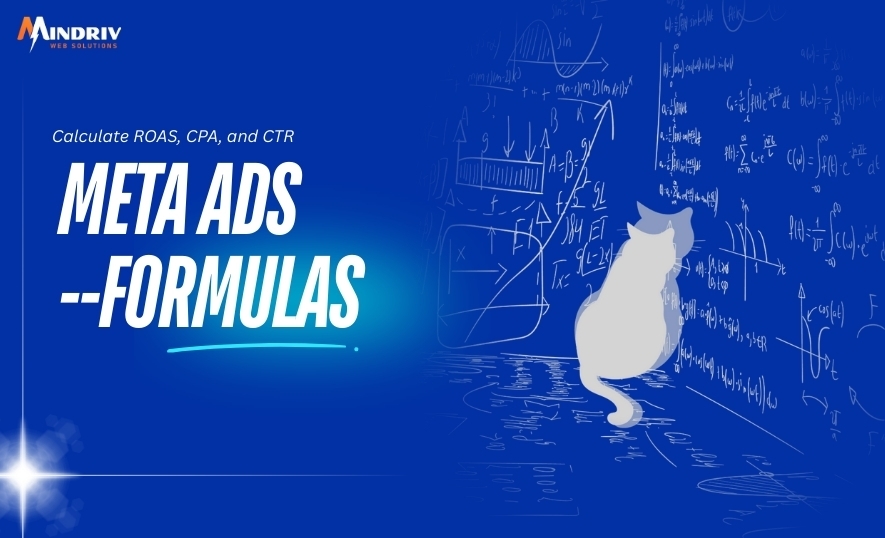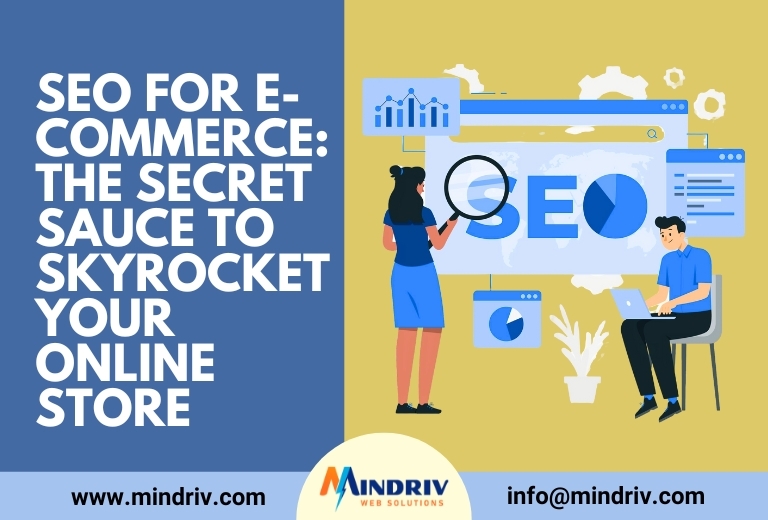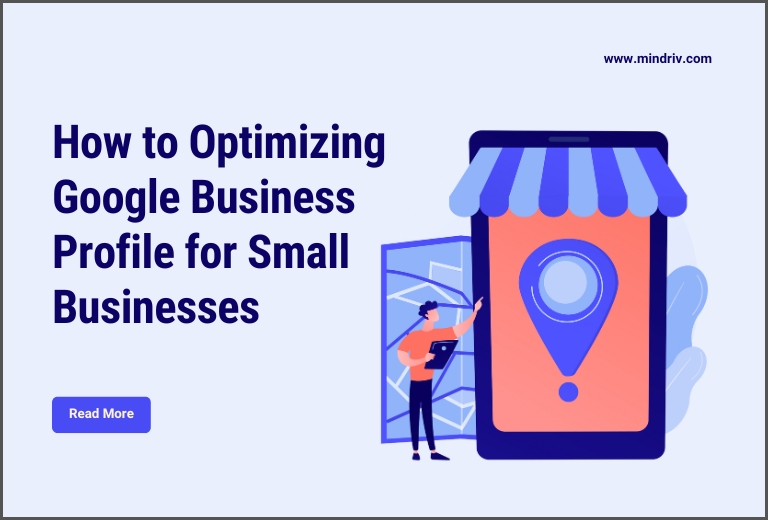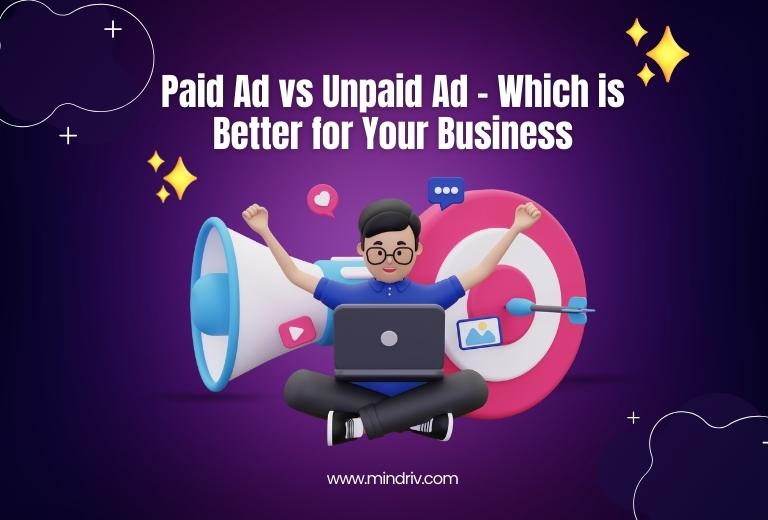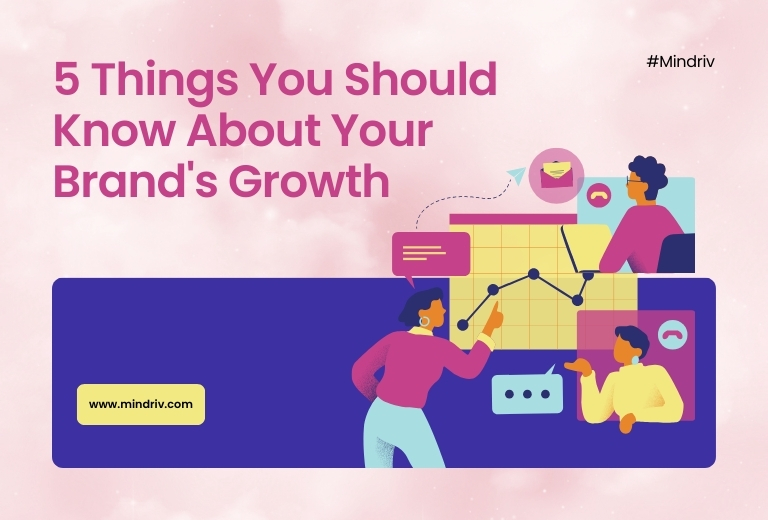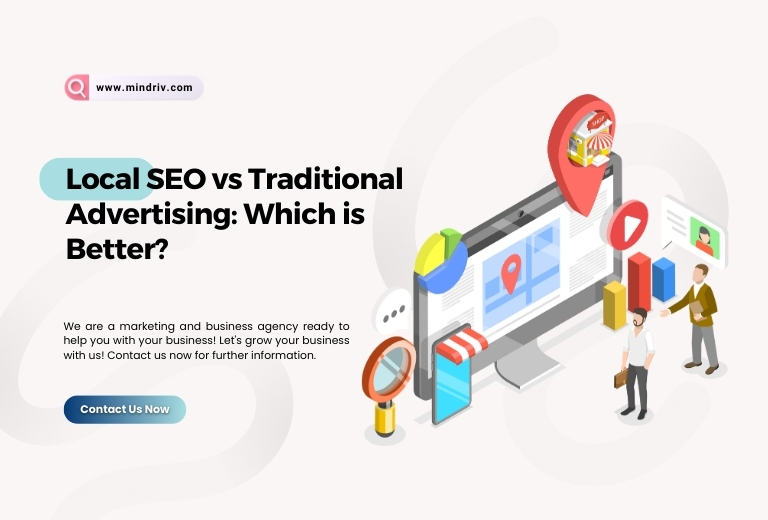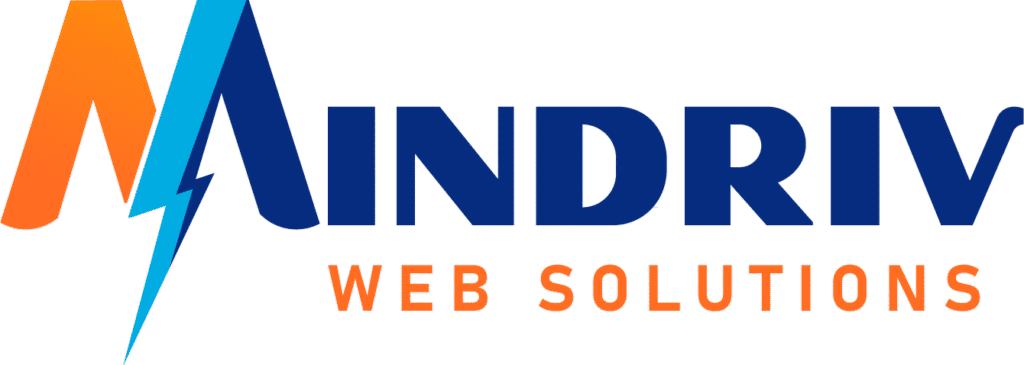When it comes to digital marketing, businesses often debate between SEO vs PPC advertising. Both strategies aim to drive traffic to your website, but they work very differently. Understanding the pros and cons of each can help you make an informed decision about which strategy is best for your business.
What is SEO?
Search Engine Optimization (SEO) involves optimizing your website to rank higher in search engine results pages (SERPs) for specific keywords. The goal is to attract organic (unpaid) traffic from search engines like Google, Bing, and Yahoo. SEO strategies include keyword research, content creation, on-page optimization, and acquiring backlinks from other websites.
Pros of SEO
- Cost-Effective: Once you achieve a good ranking, maintaining your position in search results is relatively inexpensive compared to ongoing PPC costs.
- Sustainable Results: High-quality SEO efforts can lead to long-term visibility and traffic.
- Credibility and Trust: Organic search results are often perceived as more credible by users, enhancing your brand’s reputation.
- Higher Click-Through Rates (CTR): Users are more likely to click on organic search results than paid ads.
Cons of SEO
- Time-Consuming: Achieving high rankings can take months or even years, especially for competitive keywords.
- Algorithm Dependence: Search engine algorithms change frequently, which can affect your rankings and traffic.
- Continuous Effort Required: Maintaining and improving SEO performance requires ongoing effort and updates.
- Limited Control: You cannot control the position of your website in organic search results as you can with paid ads.
What is PPC?
Pay-per-click (PPC) advertising involves placing ads on search engine results pages or other platforms, and you pay a fee each time someone clicks on your ad. Popular PPC platforms include Google Ads, Bing Ads, and social media sites like Facebook and Instagram.
Pros of PPC
- Quick Results: PPC can generate traffic and a lead almost immediately after your campaign goes live.
- Targeted Advertising: You can target specific demographics, locations, and times to reach your ideal audience.
- Control Over Budget: You set your budget and only pay when someone clicks on your ad, allowing for precise cost control.
- A/B Testing: PPC allows you to quickly test different ad copies, keywords, and landing pages to optimize performance.
Cons of PPC
- Costly: PPC can become expensive, especially for highly competitive keywords. Costs can quickly add up if not managed carefully.
- Temporary: Traffic stops as soon as you stop paying for ads, meaning there’s no long-term benefit without continued investment.
- Ad Fatigue: Users may become blind to ads, especially if they see the same ads repeatedly.
- Complex Management: Successful PPC campaigns require continuous monitoring, testing, and optimization.
Comparing SEO and PPC
Cost
- SEO: Generally more cost-effective in the long run. Initial costs may include hiring SEO experts, creating quality content, and acquiring backlinks. Once established, ongoing costs are lower.
- PPC: Requires a continuous budget. You pay for each click, and highly competitive industries may drive up costs. However, you can control your spending more precisely.
Speed
- SEO: Takes time to see results. Patience is required as it can take months to climb the SERPs.
- PPC: Provides instant visibility and traffic. You can start seeing results as soon as your ads go live.
Sustainability
- SEO: Offers long-term benefits. Once you rank well, maintaining that position can continue to bring organic traffic without additional costs.
- PPC: Provides short-term benefits. Traffic stops as soon as the ads are paused.
Trust and Credibility
- SEO: Organic listings are generally trusted more by users, leading to higher credibility for your brand.
- PPC: Users know ads are paid for, which might reduce trust compared to organic results.
Control
- SEO: Limited control over your rankings. Dependent on search engine algorithms and competitors’ actions.
- PPC: Full control over ad placement, budget, and targeting. You can adjust your strategy quickly based on performance data.
When to Use SEO
- Long-Term Growth: If you’re focused on building a sustainable online presence.
- Limited Budget: If you want to avoid continuous ad spending.
- Content-Driven Strategy: If you plan to create valuable content that attracts and engages your audience.
- Brand Trust: If you want to build trust and credibility with organic search visibility.
When to Use PPC
- Immediate Results: If you need quick visibility and traffic.
- Precise Targeting: If you want to target specific audiences with tailored messages.
- Flexible Budget: If you have the budget to invest in ongoing ad spend.
- Promotions and Events: If you’re running time-sensitive promotions or events and need instant reach.
Combining SEO and PPC
For many businesses, the best approach is to combine SEO and PPC. This strategy allows you to leverage the strengths of both:
- Immediate Traffic with PPC: While waiting for your SEO efforts to pay off, PPC can drive immediate traffic and generate leads.
- Long-Term Growth with SEO: Investing in SEO will provide sustainable growth and reduce reliance on paid advertising over time.
- Data Insights: Use PPC campaigns to gather data on which keywords convert best, then target those keywords in your SEO strategy.
Conclusion (SEO vs PPC)
Both SEO and PPC have their unique advantages and disadvantages. The choice between them depends on your business goals, budget, and timeline. While SEO offers long-term benefits and credibility, PPC provides quick results and precise control. Often, a balanced approach using both strategies can yield the best results, helping you build a strong and sustainable online presence.
Whether you choose SEO, PPC, or a combination, a well-planned strategy will maximize your digital marketing efforts. Here is why Mindriv Web Solutions is ready to help you find the right balance to maximize your online presence and achieve your business goals.
